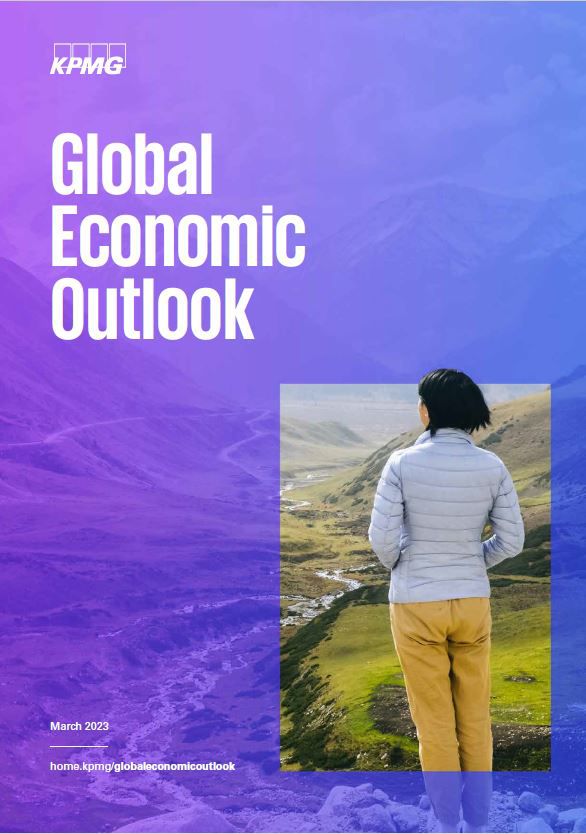We may only be part-way through 2023, but the phrase that has overwhelmingly dominated conversations – from board rooms to political chambers and Main Streets – has been the cost-of-living crisis. In recent years, the world has faced waves of challenges, from the pandemic to the invasion of Ukraine, to the unfolding bank liquidity challenges amidst skittish depositors. The impact of such a lengthy period of uncertainty is being felt by everyone and that’s reflected in KPMG’s latest Global Economic Outlook.
How we get back to sustainable, long-term growth is the big question facing board rooms and political chambers around the world right now. Some of the biggest inflationary fears - widely predicted late last year - have been mitigated by more direct, pro-active political action geared especially towards getting rising energy prices down. There are also signs that other commodities and food prices are finally starting to ease – helping consumers and business owners who’ve been facing a significant financial squeeze.
The actions taken over the coming months are likely to play a significant role in the pace and nature of the world’s economic recovery. KPMG’s analysis forecasts that employment levels should remain robust, even given recent tech layoff announcements– a sign that the tightness of the labor market faced post-pandemic shows no sign of easing. It’s an indication of the complexities the world faces today. Strong employment figures are often held up as an example of buoyant market conditions, but they can also reflect the challenges Central Banks are facing as they attempt to juggle wage expectations, tightened credit conditions and the ever-present danger that any shift in the conflict in Ukraine could bring inflation back into the mix. The upside of a strong labor market, combined with relatively strong personal savings among consumers – especially in Europe and the Americas – means we could start to see a return to robust consumer spending, driving a return to slow-but-steady domestic growth in key markets.
KPMG’s Global Economic Outlook is a forecast. It’s based on detailed analysis of trends and models from KPMG firms’ economic specialists across the world. Digging deeper into the numbers isn’t an exact science, but it can offer a good indication of what may lie ahead and should help to equip business leaders with a greater understanding of what lies behind today’s complex marketplaces, enabling them to develop more robust strategies focused on the ultimate goal of a return to sustainable, global growth.
Dr. Oyeyemi Kale, Partner and Chief Economist - KPMG in Nigeria


